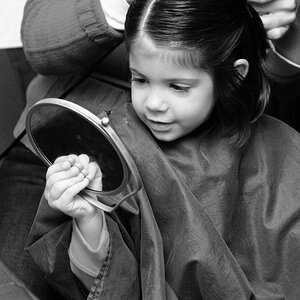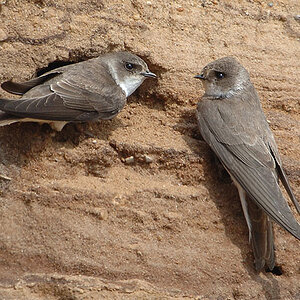Senor Hound
TPF Noob!
- Joined
- Apr 23, 2008
- Messages
- 1,425
- Reaction score
- 0
- Location
- La la land...
- Can others edit my Photos
- Photos OK to edit
I have a book called, "Understanding Exposure." I'm sure everyone has heard of it, as a matter of fact, that's why I bought it. But, there's another aspect of photography I'd like a book on.
You have exposure, and then you have composition. I know the two blend together (your f-stop is part of your composition, as well as shutter speed and ISO sometimes), but I want a book that will help me understand how to frame up photos, how to find good angles to shoot from, how to pick interesting subjects, etc.
I know no book can teach this 100%, and I also know there is no substitute for experience. But at this point I'm not looking for 100% comprehension, I'm looking for maybe 10%, ANYTHING to just help me understand what to look for while I'm out and about capturing the world. For example, I took a photo of a tree I thought the framing was fine on, yet people told me it needed to be tighter. How can you tell HOW tight to go? Once again, I understand there is no definite answer to this, but I'm just looking for those general tips and tricks that 99.9% of the professional photographing industry agree on.
Someone said on here that you need to know the rules before you should bend them (or blatantly break them, in some cases). I guess what I wanna know is what these rules are...
You have exposure, and then you have composition. I know the two blend together (your f-stop is part of your composition, as well as shutter speed and ISO sometimes), but I want a book that will help me understand how to frame up photos, how to find good angles to shoot from, how to pick interesting subjects, etc.
I know no book can teach this 100%, and I also know there is no substitute for experience. But at this point I'm not looking for 100% comprehension, I'm looking for maybe 10%, ANYTHING to just help me understand what to look for while I'm out and about capturing the world. For example, I took a photo of a tree I thought the framing was fine on, yet people told me it needed to be tighter. How can you tell HOW tight to go? Once again, I understand there is no definite answer to this, but I'm just looking for those general tips and tricks that 99.9% of the professional photographing industry agree on.
Someone said on here that you need to know the rules before you should bend them (or blatantly break them, in some cases). I guess what I wanna know is what these rules are...


 (Sorry!)
(Sorry!)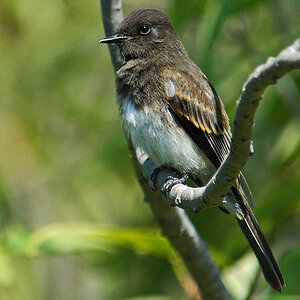
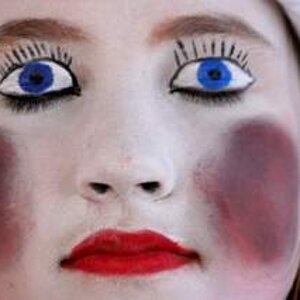

![[No title]](/data/xfmg/thumbnail/41/41797-ed370d68dae70f5b0a7252ec2d525912.jpg?1619739896)
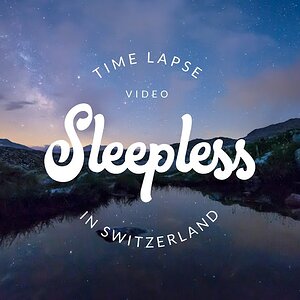
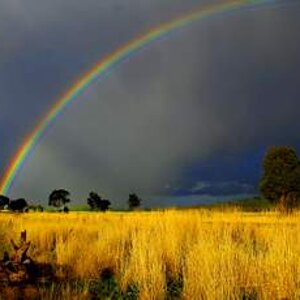
![[No title]](/data/xfmg/thumbnail/36/36678-71ca8166409788704ac0b1cd83c26787.jpg?1619737677)

![[No title]](/data/xfmg/thumbnail/41/41798-aacfc8368463d919cba743fe318706b6.jpg?1619739897)
